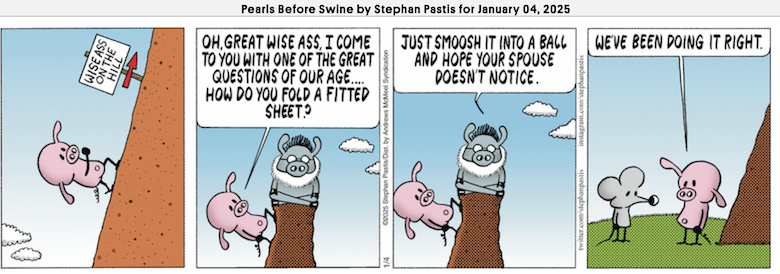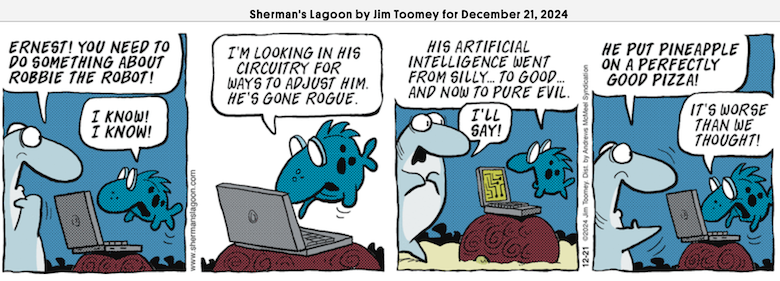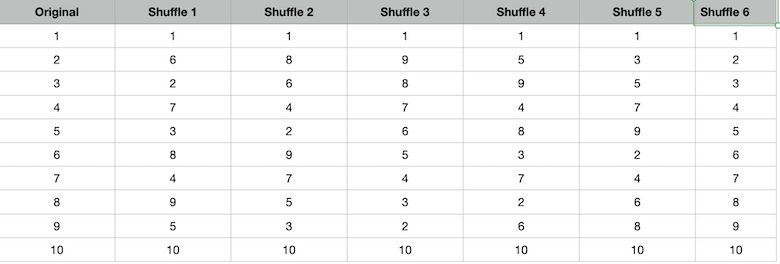Today marks the 20th anniversary of my blogging. I started in 2005 but that was on the platform created by my university to encourage people to start using this new method for disseminating their opinions and research. The support people there helped and encouraged me as I tentatively started doing it. At that time, blogging was considered not quite respectable and some academics shied away from using it or blogged under pseudonyms so that their peers would not look. down on them.
That view has definitely changed dramatically over the last twenty years.
I switched over to this site on FreeThoughtBlogs in 2012.
Blogging takes time away from other things but it has its own rewards. I get a lot of useful tips and information from commenters and as well as in private communications. The blog also serves as a useful repository of data for me. Often, when I am thinking of something, I recall that I blogged about it before and can search easily on the site and get back all the data and links that I had used without having to scour the internet again.
It also allows me to think ideas through while they are still unformed and thus refine them. One of my books God vs. Darwin grew out of an extended series of blog posts and some of ideas in my last book The Great Paradox of Science first got aired here.
So thanks for reading!



